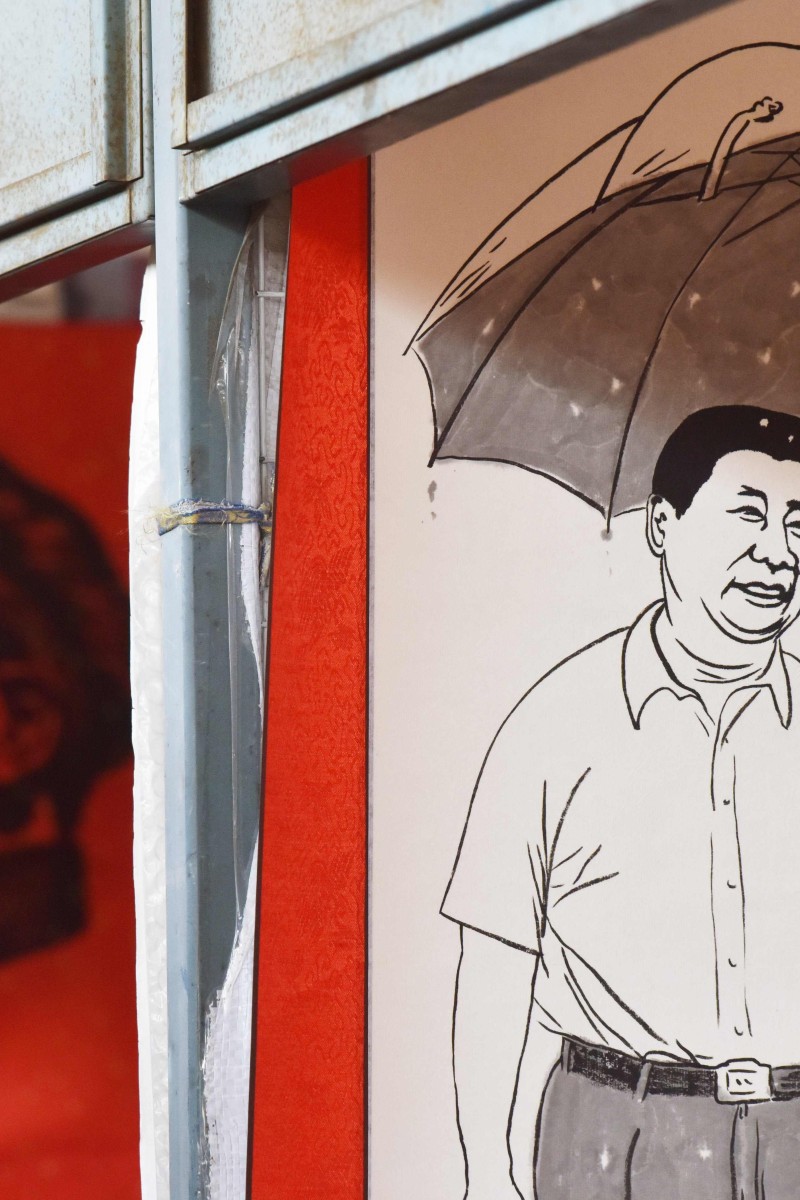
What HK students think about changes to Chinese constitution that will allow Xi Jinping to remain as President indefinitely
The current maximum is two consecutive terms, but this rule change may mean Xi remains in power beyond 2023
 Mao Zedong (left) ruled the Communist Party for 33 years. How long will Xi Jinping stay in power?
Mao Zedong (left) ruled the Communist Party for 33 years. How long will Xi Jinping stay in power?China will remove the constitutional restriction on the maximum number of terms the president and vice-president of the country can serve, Xinhua reported on Sunday. This potentially paves the way for President Xi Jinping to stay on beyond 2023, when his second term would end.
The official news agency said the ruling Communist Party had proposed removing the line that the president and vice-president “shall serve no more than two consecutive terms” from the constitution.
The full 4,480-word proposal will be considered by the legislature next month. It was dated January 26 – a week after the party’s Central Committee met to discuss revisions to the constitution.
Xi, 64, was re-elected as general secretary of the party in October and is expected to be handed a second term as president by the legislature during its annual full session starting on March 5.
The party has in recent decades largely observed an unwritten retirement age of 68 for its top leaders, but its charter does not have any limit on terms. That means there are no restrictions on the general secretary position, but the Chinese constitution does limit presidents to a maximum of two five-year terms.
While Limbu Laxmi, 21, thinks the proposal is a “ticking time bomb waiting to happen”, on Facebook the University of Hong Kong (HKU) student says she hopes he’ll continue to make the country better.
Nineteen-year-old Joy Pamnani, who also goes to HKU, thinks Xi has done a great job during his presidency, has encouraged economic growth, and has taken advantage of the current global political climate to show the country’s ability to the world. “If he keeps up his great work, I don’t see a problem [with] extending his term. There are many governments, like Singapore, [that] don’t have limits on their [presidential] terms, and they continue to perform well,” she says.
Belinda Ng, however, thinks it’s a worrying decision. “It could potentially translate to the retainment of power in the hands of one individual, tipping the scales towards dictatorship.
“Someone who has been in power for so long is likely to [...] dismiss changes to the status quo not initiated by themselves,” says the 18-year-old South Island School student. In other words, she adds, the power “gets to their heads”. “There is no guarantee that a rotation of power will mean drastic changes, but at least it prevents dictatorship and the stagnation of developments.”
“Maybe,” writes Limbu, “It’s time to say: all hail Xi Jinping! Long live the president!”
